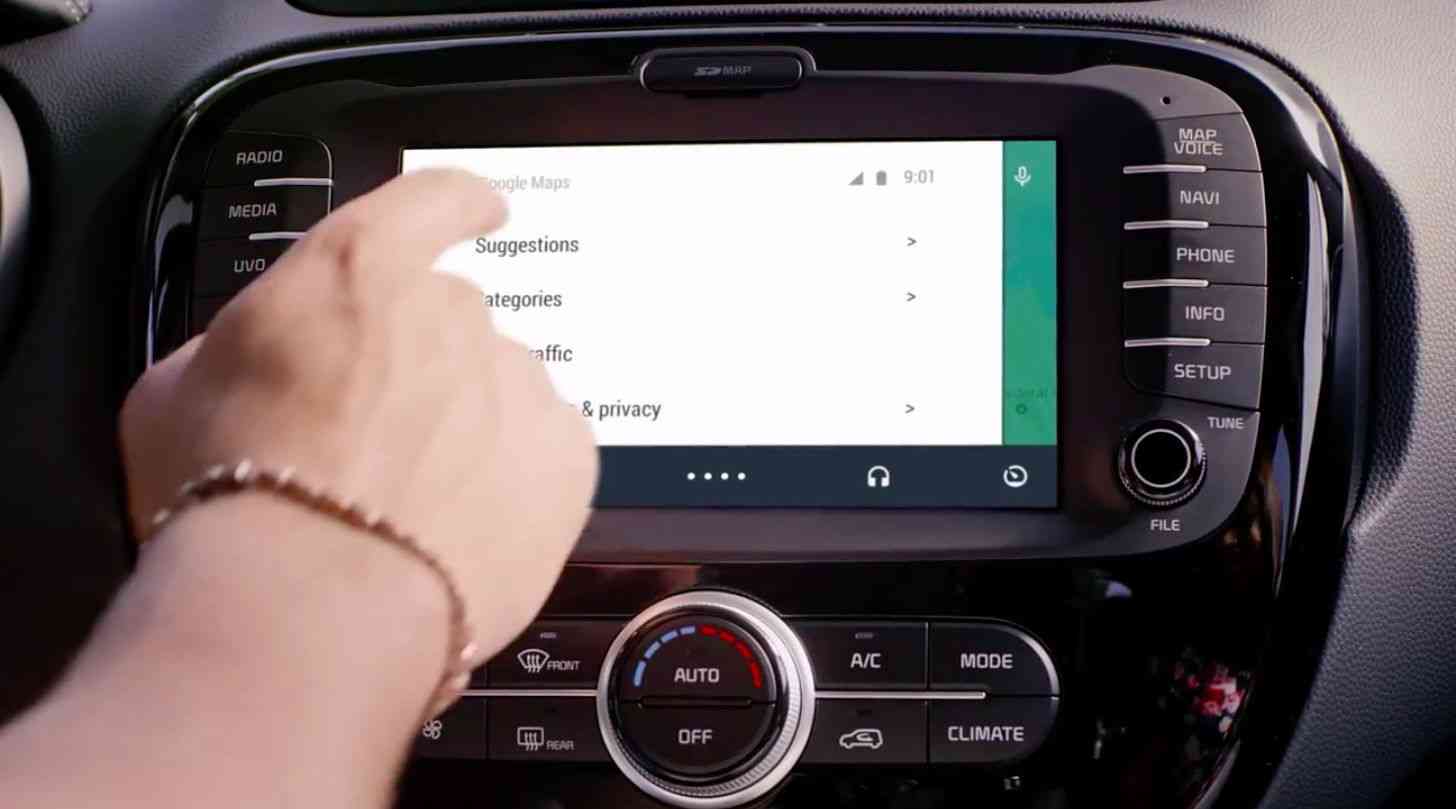
Our smartphones have become a fairly central part of modern day life. We use it for calling, texting, connecting, gaming, and just about everything in between. For many, the habit of using a phone all the time is a hard one to break – even when driving. It’s not just avoiding texting and driving anymore, it’s about avoiding looking at your phone at all when you’re driving.
There have been various solutions created to try and minimize the (possibly fatal) risks caused by people not paying enough attention to the road and more attention to their phones. Many phones have “Driving Mode” enabled, which allow you to access the most “important” applications while driving, and most have voice activation enabled for hands-free navigation. Alternatively, you have certain companies behind the operating system itself, like Google and Apple, creating auto-specific software and hardware for cars to make it even less of a hassle.
But is it really less of a hassle, or does it encourage distracted driving?
I try to see a little bit of good in everything, so when I was initially reading about Android Auto and Apple CarPlay, I decided not to give it a knee-jerk reaction and really consider what this could do for driving in general. But in the end, after careful consideration, I really didn’t see much good out of either option.
Let’s be real here, we’re driving these two-ton death traps on wheels. The point of driving is to take us from point A to point B – and I don’t know about you, but every time I plan a trip I generally try to get there as alive as possible. Drivers already have enough distractions as it is, and I’m not inclined to welcome any more with open arms – especially unnecessary ones with bright, shiny dashboard gadgets that may encourage voice dictation and listening, but also encourages drivers to do… well, anything but pay attention to the road, which is pretty important when you’re driving a vehicle.
Perhaps it’s because I have kids now, and when it comes to driving I’m very aware of my surroundings. Hyper aware is probably a good way of putting it. When you’re responsible for more than just yourself you tend to be a little more sensitive to outside forces in general. When I see that Google and Apple are actively promoting technology used in the car, I admit that I find myself kind of baffled. I feel like they should be encouraging users to focus on the road, where everybody is already at a pretty great risk of getting in an accident.
When it comes to car distractions, I limit myself. I use my phone as a music player, but I set it up before I leave, and I don’t change the tracks. I keep the phone itself on silent and I put it face down so I have no idea whether I’m getting a notification or not. If I need to use GPS, I also set that up before I leave anywhere and I only listen to the voice directions. If I somehow get lost along the way, I don’t look at the GPS while I’m driving. Instead, I pull over in a parking lot, figure out where I need to go next, and then go from there. Unless I’m going on a long road trip or something of the sort, I don’t see the real need to be connected to my smartphone in any other way when I'm driving. I don’t see the real need for anybody to be fully connected to their smartphone when they drive.
I get it. I get that technology is supposed to make life easier, and in a lot of ways, in appropriate settings, it does. But not in the car. I don’t care if they advertise it as the “smarter, safer” way to use your phone in the car. The smartest and safest way to use your phone “on the road” is to simply not pay any attention to it at all. Set up everything you need from it before you leave, and then focus on the task at hand.
If driverless cars ever become the norm, then sure. I can see where Apple CarPlay and Android Auto could be acceptable pieces of technology; however, when it comes to human drivers who absolutely need to be aware of their surroundings on the road, I think this type of technology is nothing more than a bad idea.